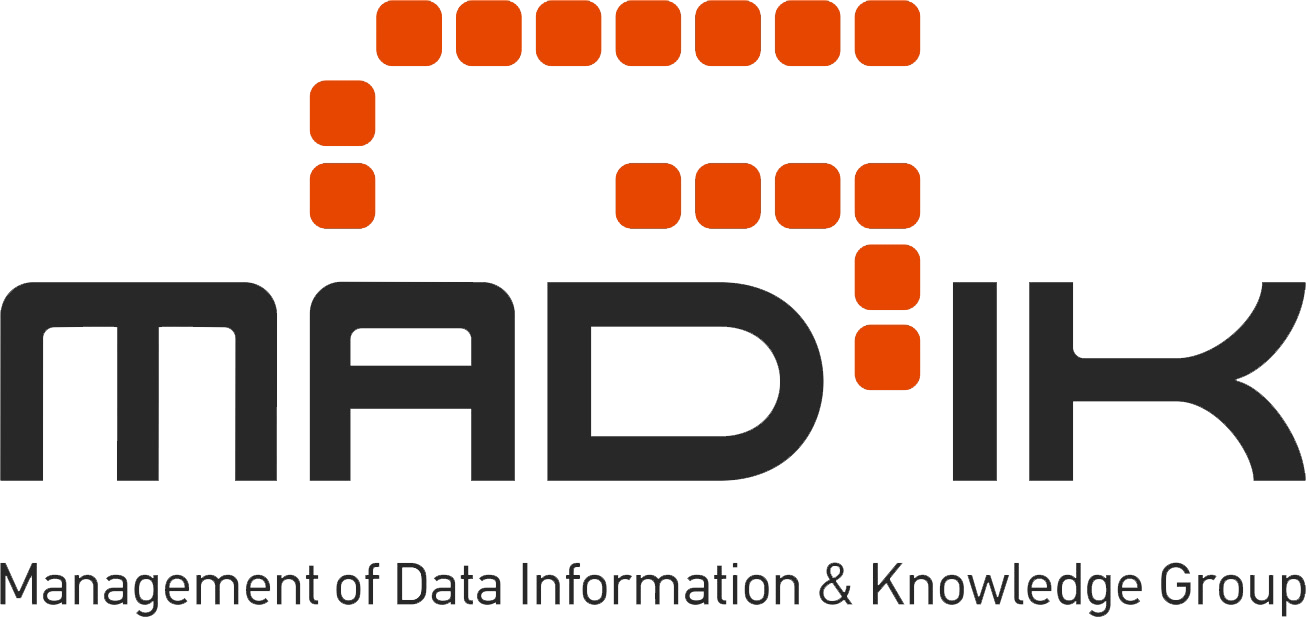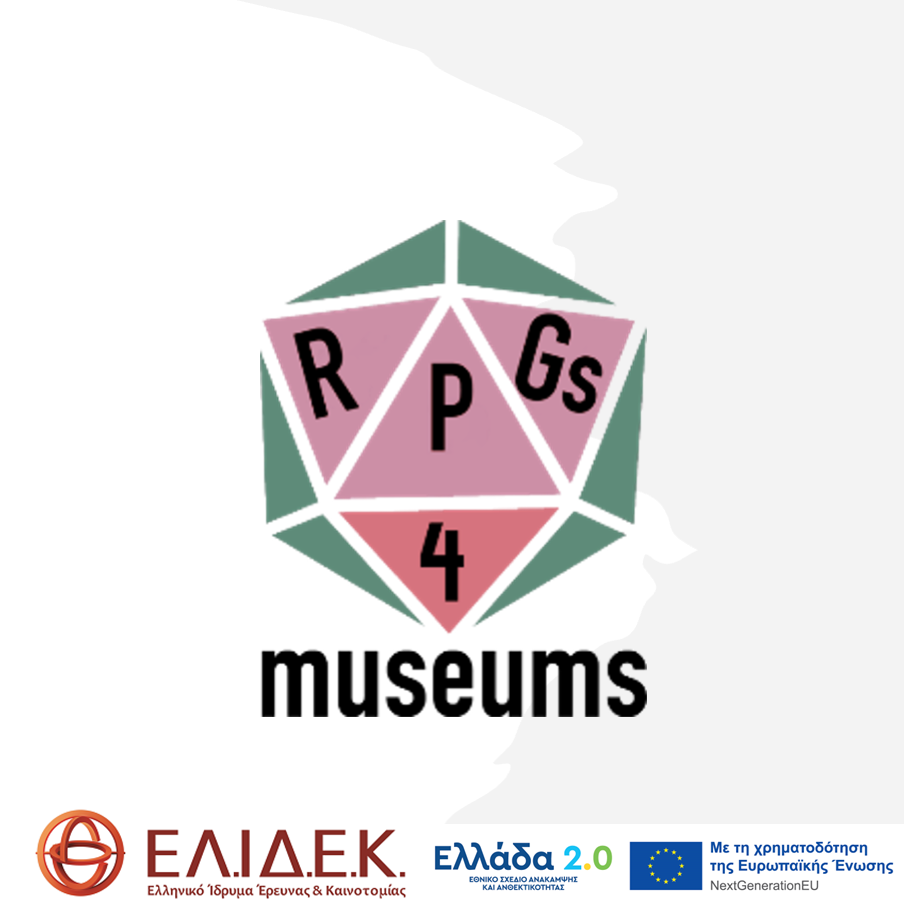RPGs4Museums
Role Playing Games as Digital Museum Kits
The RPGs4Museums project aims to expand existing scientific knowledge in the field of Cultural Informatics, specifically concerning participatory activities that showcase cultural heritage in museums for children and adolescents. Its goal is to enhance historical empathy and individual skills. The project team, having thoroughly studied existing related solutions, identifies a research gap that RPGs4Museums seeks to fill by applying hybrid role-playing games (RPGs) that combine digital and tabletop elements.
The research hypothesis is that RPGs can help children, in non-formal learning settings such as museums, to:
i) gain a deeper understanding of Cultural Heritage and History,
ii) develop an interest in museum collections and combine learning with the transformation of knowledge into action,
iii) cultivate skills such as creativity, decision-making, communication, and collaboration.
RPGs4Museums adopts a user-centered research methodology as follows:
- Study the characteristics of RPGs through literature review, game activity observation, and targeted workshops with Game Masters and players.
- Record user needs (historians, archaeologists, cultural managers, educators, students) via questionnaires, workshops, and interviews.
- The goal is to address the challenges of applying tabletop RPGs to Cultural Heritage, supported by appropriate digital tools.
- Design and development of technological prototypes to support RPG implementation in the form of a digital museum toolkit.
- Develop an RPG prototype for the History Museum of the National and Kapodistrian University of Athens (NKUA), aiming to experimentally evaluate the research hypothesis regarding the benefits of RPGs as a social activity for the development of historical empathy.
- Analyze evaluation data to provide guidelines for the adoption and best practices for the proposed digital museum toolkit.
This project is carried out within the framework of the National Recovery and Resilience Plan Greece 2.0, funded bythe European Union – NextGenerationEU (Implementation body: HFRI).





